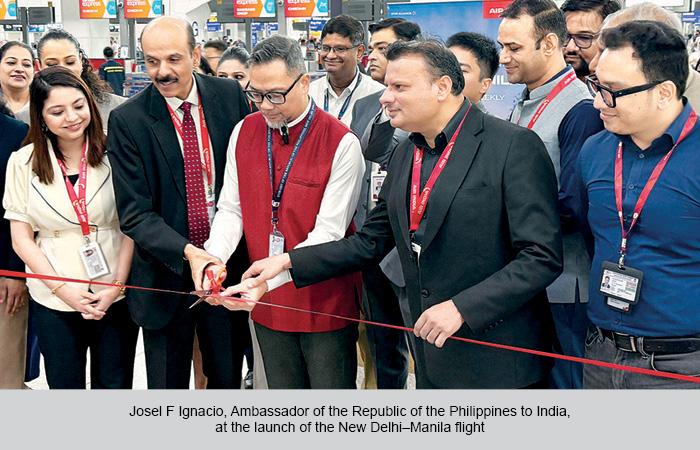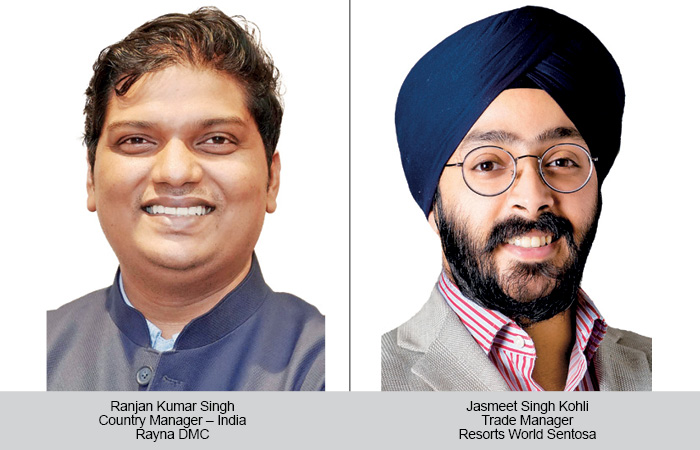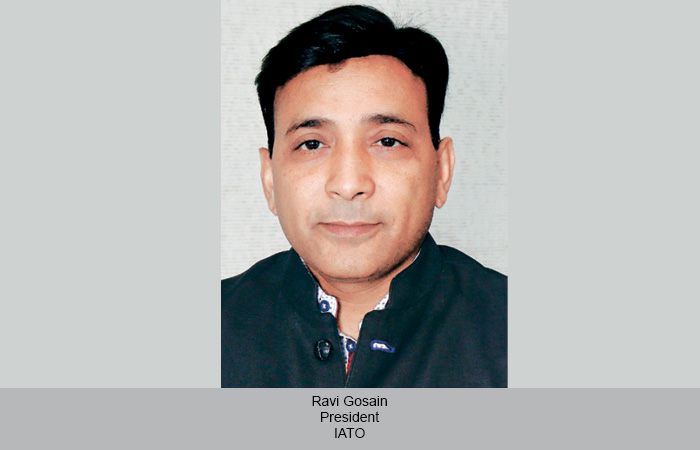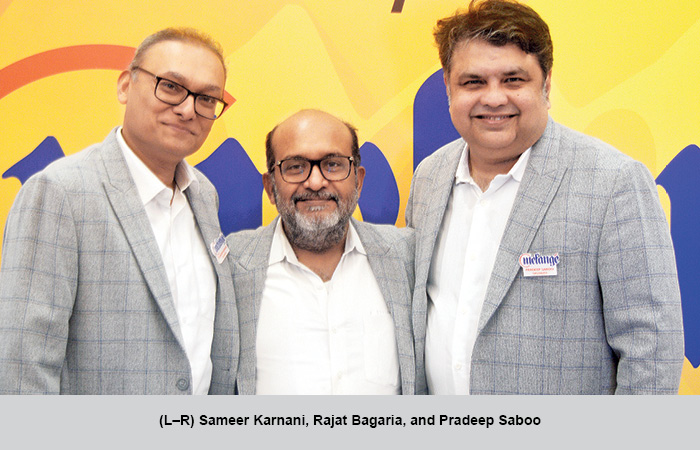AISATS is continuously adopting cutting-edge technologies to drive operational efficiencies for its customer airlines such as Aerowash and Ground Radar using technology. Sanjay Gupta, CEO, AISATS, shares more details.
Hazel Jain
How is AISATS adopting technology to improve operations and help towards sustainability?
We are continuously adopting cutting-edge technologies to drive operational efficiencies and elevate the customer experience:
We are the world’s first ground handler to provide Aerowash, a robotic dry wash aircraft exterior cleaning service to our customer airlines. Aerowash helps reduce fuel consumption for airlines and enables considerable water savings. With over 600 aircraft cleans, AISATS has helped its customer airlines save more than 8,000 tons of carbon emissions and nearly a million litres of water through Aerowash.
- AISATS deploys Ground Radar – an artificial Intelligence and machine learning- based platform that predicts and allocates staff and ground support equipment (GSE) for each flight based on a flight’s estimated time of arrival and target off-block time
- AISATS provides Centralized Load Control (CLC) services that help centralise and consolidate aircraft weight and balance management for accurate load planning and optimum fuel efficiency
- We have developed in-house solar-powered passenger boarding ramps, making us the only Indian ground handler utilizing such eco-friendly equipment. These ramps offer a safe, streamlined, and dignified boarding/disembarking experience, especially for passengers with special needs, senior citizens, and families with children.
- We have introduced 25 electric passenger coaches across our network, providing a comfortable passenger transfer solution between terminals and on the tarmac. These battery-operated coaches have helped us reduce our annual carbon footprint by 254 tons.
What are some of your focus areas for future projects?
In future, we are focused on incorporating more technologies for operational insights, decision support and crisis management. Central to our approach is maintaining the right balance between technological advancements and meaningful human interactions to craft unparalleled travel experiences.
Have airlines started offering digital ID for their pax?
While digital ID options for air travellers have already been rolled out by several global airlines, the adoption among Indian carriers is still in its early stages. However, there are some ongoing initiatives in this direction.
DigiYatra, a project by the Ministry of Civil Aviation, aims to provide a seamless and hassle-free air travel experience for passengers in India using digital credentials. Indian airlines that have partnered with DigiYatra for enabling digital ID travel experience include Air India, SpiceJet, IndiGo, and Vistara.
Under DigiYatra, passengers can create a digital ID called ‘Digi Entry’ by securely sharing required documentation and biometrics. Passengers can then use a facial recognition system at checkpoints like check-in and security, eliminating the need to show physical ID proofs.
While full-scale adoption is still some time away, various Indian airlines along with aviation authorities, seem keen on implementing digital ID systems to enhance security, reduce hassles, and provide a modern, seamless experience for air travellers in the country in the coming years. This is despite few challenges such as developing a standardized system, addressing privacy concerns, and creating the required infrastructure across all passenger touchpoints at airports.
“With over 600 aircraft cleans, AISATS has helped its customer airlines save more than 8,000 tons of carbon emissions and nearly a million litres of water through Aerowash”
Sanjay Gupta, CEO, AISATS
 TravTalk India Online Magazine
TravTalk India Online Magazine





